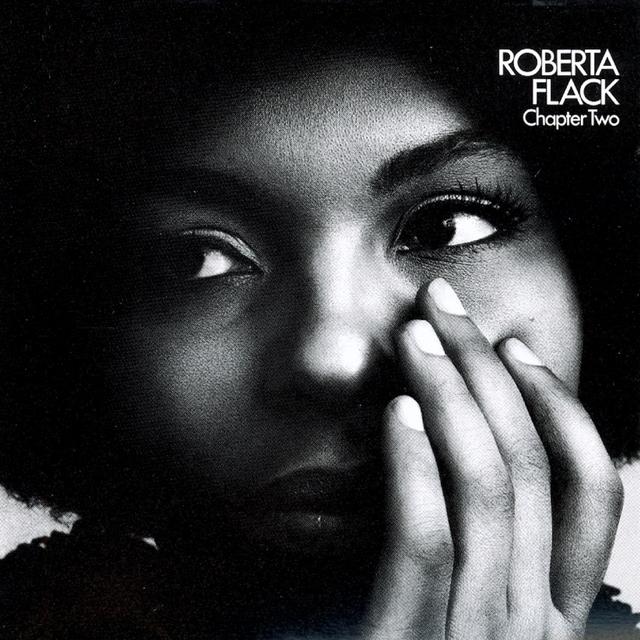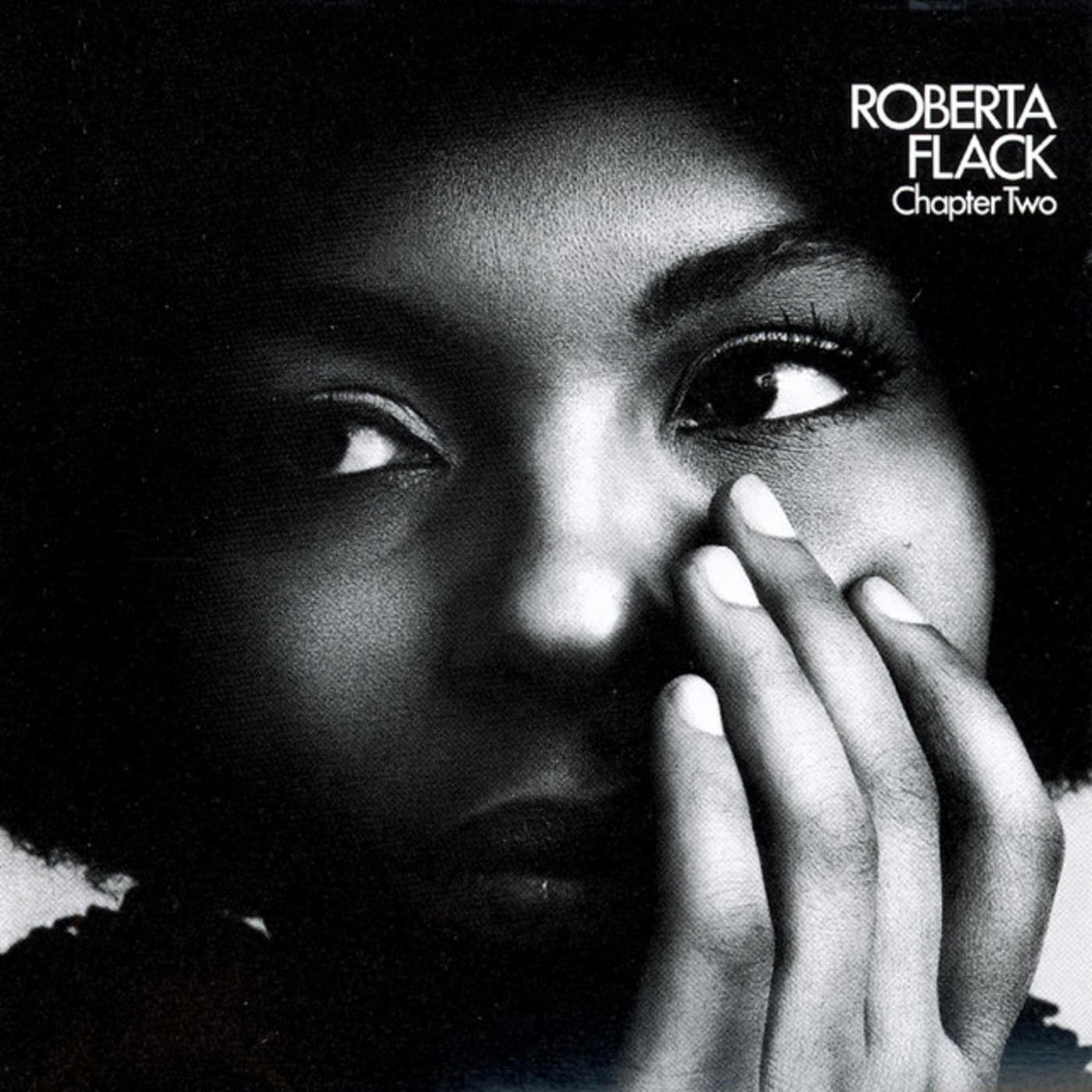THE ONE AFTER THE BIG ONE: Roberta Flack, CHAPTER TWO

Things don’t always happen when we think they should happen. Kids say mature things before we expect them to. Winter can come and go with nary a flake dropping from the sky, and then April comes around and with it brings flurries (Prince wrote a song about that once). You recognize the love of your life has been hanging around, “just” a friend, for years.
Roberta Flack released her first album, FIRST TAKE, in 1969, but it was not an immediate hit. Two and a half years later, Clint Eastwood used the record’s slow and seductive version of Ewan MacColl’s “The First Time Ever I Saw Your Face” in his film Play Misty for Me, and that placement sent the song and the album up to Number 1 on the Billboard charts in 1972.
By that time, Flack had made three more records, including 1970’s wonderful CHAPTER TWO. On it, she continued to show her growth and development as a singer and piano player, as well as her breadth as an interpreter of other songwriters’ material.
The sassy “Reverend Lee” starts the album with a story, as Flack explains in her spoken intro, “about a very big, black, strong, sexy Southern Baptist minister / Who thinks that he's got his program all together / Until he runs up against a lady / Who shows him that he ain't got it all together.” Ray Lucas’ bass tiptoes behind her voice and Donny Hathaway’s electric piano, and the story breaks open as the music does, swelling with horns and strings. It’s an auspicious opener.
Flack turns material from songwriters as disparate as Bob Dylan, Buffy Sainte-Marie and Jimmy Webb into long, languid showcases for her singing and arrangements by producer Joel Dorn and the great Brazilian arranger Eumir Deodato. Listen to all six minutes of Dylan’s familiar “Just Like a Woman,” or to the spine-tingling dynamics of Webb’s “Do What You Gotta Do” to hear the mastery of this team, and to how Flack can hold your heart and attention with her voice.
And while you’re in the mood for chills, listen to her take on “The Impossible Dream” for pure show-stopping power. The track builds to a crescendo as she likewise climbs, on a “glorious quest” that divorces the song from its context on the stage (sung by Don Quixote in Man of La Mancha) or any other previous version (Frank Sinatra’s among them) and makes it Flack’s own story, her own quest. It’s arguably the most powerful moment on a record full with them.
Flack had a run of great records in the 70s, records which deserve some serious reassessment and a ton of praise in our current cultural moment. CHAPTER TWO is as good an album as any of them to get that conversation started.
For more information, click the buttons below:

